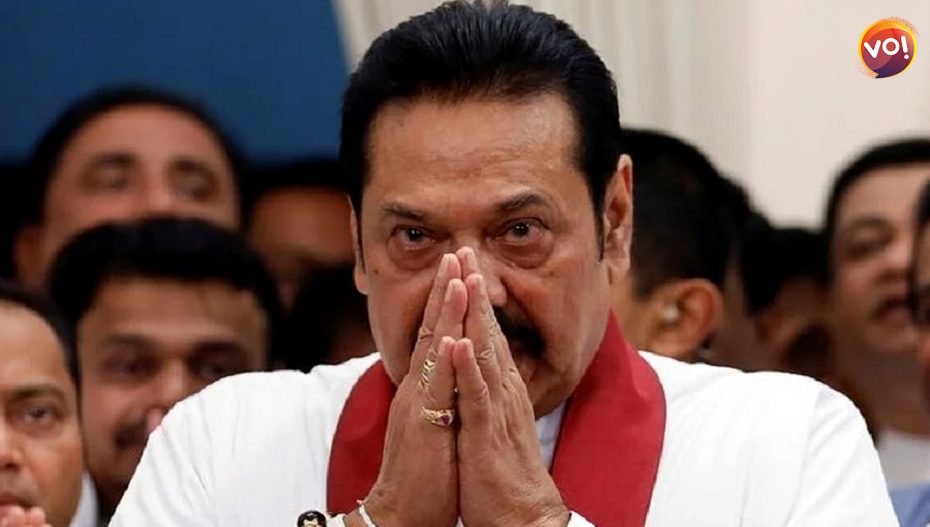Sri Lanka’s Prime Minister Mahinda Rajapaksa today resigned from his position, even as pro-government groups attack protestors and clash in violent riots.
Monday morning, after it was rumoured that Rajapaksa might resign, pro-government groups attacked the protestors on the streets of Colombo, in front of the President Gotabaya Rajapaksa’s office. The clashes became very intense and more than 20 people were seriously injured. In order to get the situation under control, the government had imposed a nationwide curfew.
Mahinda Rajapaksa called on the people to have patience and maintain law and order in the country. In a tweet he said, “While emotions are running high, I urge our general public to exercise restraint & remember that violence only begets violence. The economic crisis we’re in needs an economic solution which this administration is committed to resolving.”
Sri Lanka is going through critical economic crisis due to lack of inflow of foreign currency. The country is said
to be on the brink of bankruptcy and has sought International Monetary Fund’s (IMF) help in bailing it out of the situation.
This whole crisis meant that the country can no longer afford any imports and since a month or so people have been facing acute shortage of fuel, foodgrains, medicines and electricity. Domestically, the prices of basic commodities like milk and bread have skyrocketed.
Thousands of protestors have taken to the streets, leading the agitation against the government since early April. On Friday, amid violent protests, Gotabaya Rajapaksa had declared a state of emergency.
Meanwhile, World Bank has promised aid, which should be somewhere between $300 to $600 million over the next four months, IMF has said that the negotiations have been positive. Sri Lanka is seeking upto $4 billion in assistance from IMF.


















